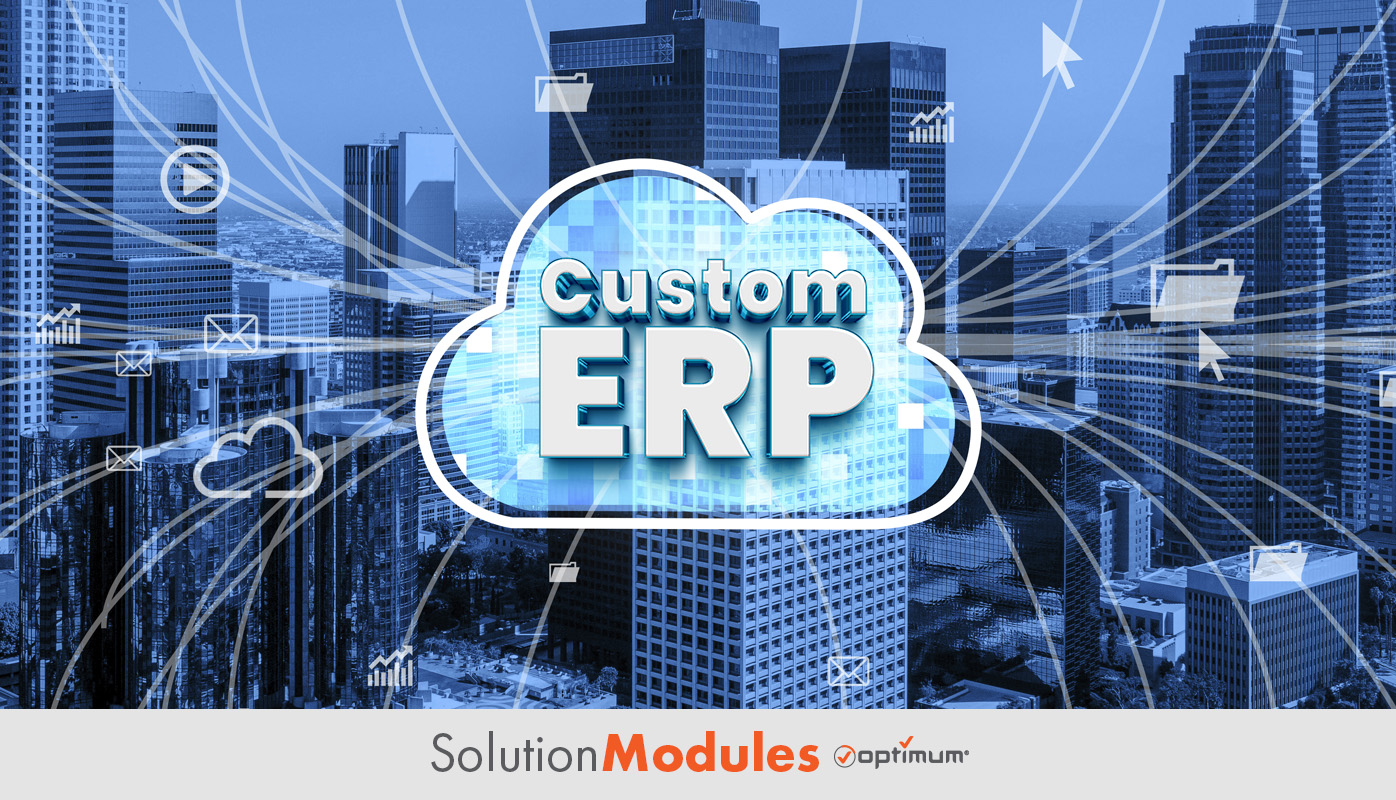
What Is Custom ERP Software? A Guide to Benefits and Features
Table of Contents
- What is Custom ERP Software?
- Why Use Custom ERP Software for Case Management?
- Key Features of Custom ERP Software for Case Management
- Benefits of Custom ERP Software for Case Management
- Industries That Benefit from Custom ERP Case Management Solutions
- How to Choose the Right Custom ERP Software for Case Management
- FAQ
- Conclusion
Enterprise Resource Planning (ERP) systems are essential for organizations of all sizes to optimize operations and manage day-to-day activities. As workflows evolve, many discover that standard ERP solutions may not align with their specific requirements.That’s why it’s helpful to explore what custom ERP software is and how tailored systems support unique processes and long-term goals.
Key Takeaways
- Learn the benefits of custom ERP software when off-the-shelf systems don’t fit.
- Understand process automation best practices for reducing repetitive tasks and errors.
- Discover custom ERP use cases in different industries and workflows.
- See why investing in a tailored system can support long-term operational efficiency.
What Is Custom ERP Software?
Exploring “what custom ERP software is” means looking at systems built around an organization’s unique processes. Unlike generic platforms, these solutions align with existing workflows and can evolve as needs change.
Benefits of Custom ERP Systems
- Aligned with Your Workflows: Designed to address specific challenges and bottlenecks in your daily operations.
- Scalable Architecture: Grows alongside your organization.
- Operational Efficiency: Automate manual tasks through a clear ERP implementation process.
- Cost Control: Focus on essential features, avoiding licensing fees for unused modules.
- Data-Driven Insights: Leverage key features of custom ERP systems for actionable reporting.
- Flexible Integrations: Review an ERP integration overview to connect with CRM, HR, and third-party tools.
Custom ERP vs. Off-the-Shelf ERP: Which Is More Appropriate?
When comparing standard and custom solutions, it helps to examine custom ERP use cases versus the limitations of off-the-shelf systems. Tailored platforms often require fewer workarounds and better support unique operational needs.
Key Differences:

How Custom ERP Supports Growth
Understanding how custom ERP works reveals its role in operational strategy. Tailored systems improve workflows and enable ongoing innovation:
Automation of Complex Tasks
Automating specific processes frees teams to focus on strategic initiatives.
Enhanced Stakeholder Experiences
Centralized data supports personalized interactions with customers, students, or clients.
Informed Decision-Making
Real-time reporting provides the insights needed for data-driven choices.
Advanced Technology Integration
Integrating AI and machine learning into tailored ERP platforms.
ERP Implementation Process Overview
- Assess Workflow Needs: Map current processes to pinpoint improvement areas.
- Choose an Experienced Team: Partner with developers familiar with your industry’s requirements.
- Collaborative Design: Build a system reflecting your daily operations and growth plans.
- Testing & Training: Pilot the solution with key users and provide in-depth onboarding.
- Deploy & Support: Launch the system and continue refining with regular updates and maintenance.
Custom ERP Use Cases by Industry
Review custom ERP use cases across sectors:
- Manufacturing: Optimize production scheduling and supply chain visibility.
- Healthcare: Streamline patient records, billing, and compliance workflows.
- Retail: Enhance inventory management, sales analytics, and customer service.
- Education: Manage student enrollment, course scheduling, and faculty operations.
- Construction: Coordinate project timelines, financial tracking, and on-site logistics.

FAQs
What is custom ERP software?Custom ERP software is an enterprise system built specifically around an organization’s unique processes and requirements. Rather than forcing your workflows to adapt to generic tools, it molds to your business—enabling smoother operations today and the flexibility to grow and change over time.
What are the benefits of custom ERP software?The benefits of custom ERP software are improved efficiency, cost control, and customized reporting.
How long does ERP implementation take?A typical ERP implementation process timeline varies by scope but includes assessment, design, testing, and training phases.
Can custom ERP integrate with other systems?Yes— connect with CRM, HR, and other applications.
Conclusion
This article covered what custom ERP software is, key features, implementation steps, and real-world use cases. By focusing on insights like ERP scalability, best practices and process automation, you can make informed decisions about adopting a tailored ERP solution that grows with your organization. Contact us if you'd like to learn more!